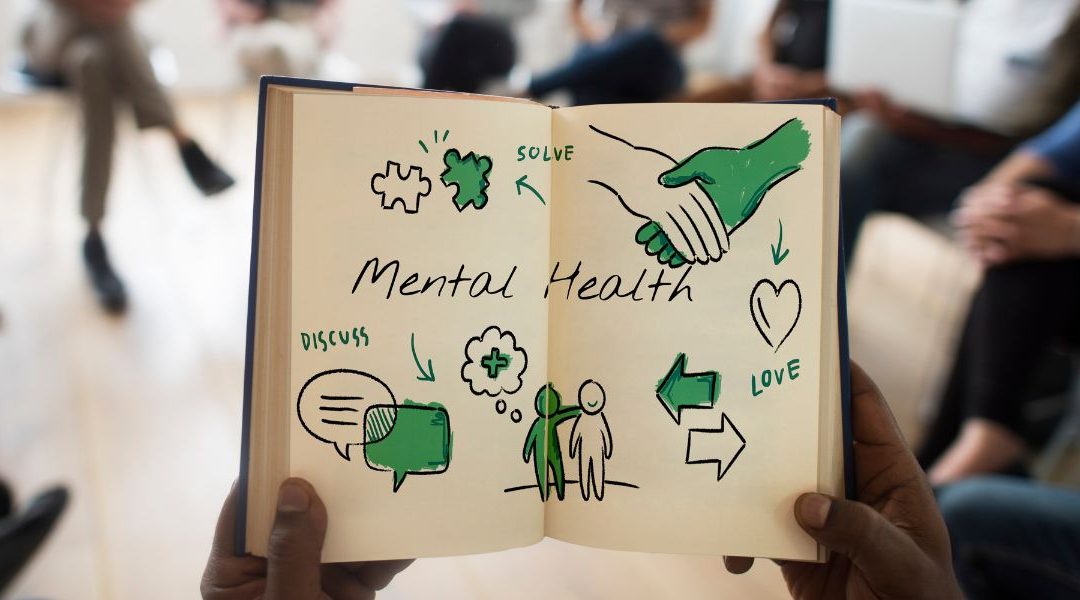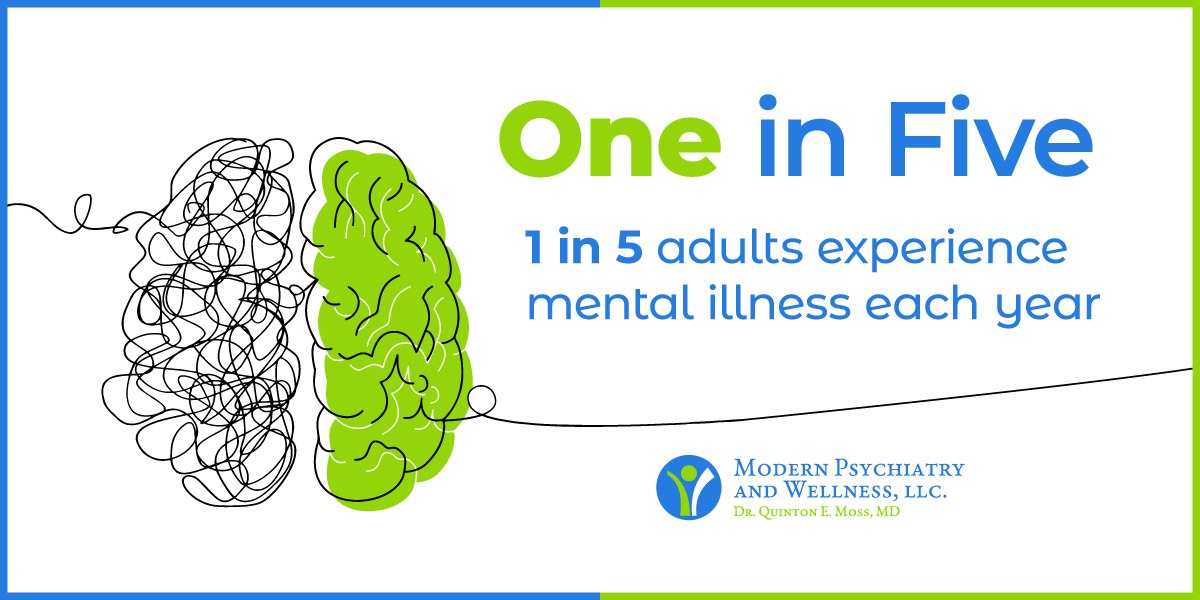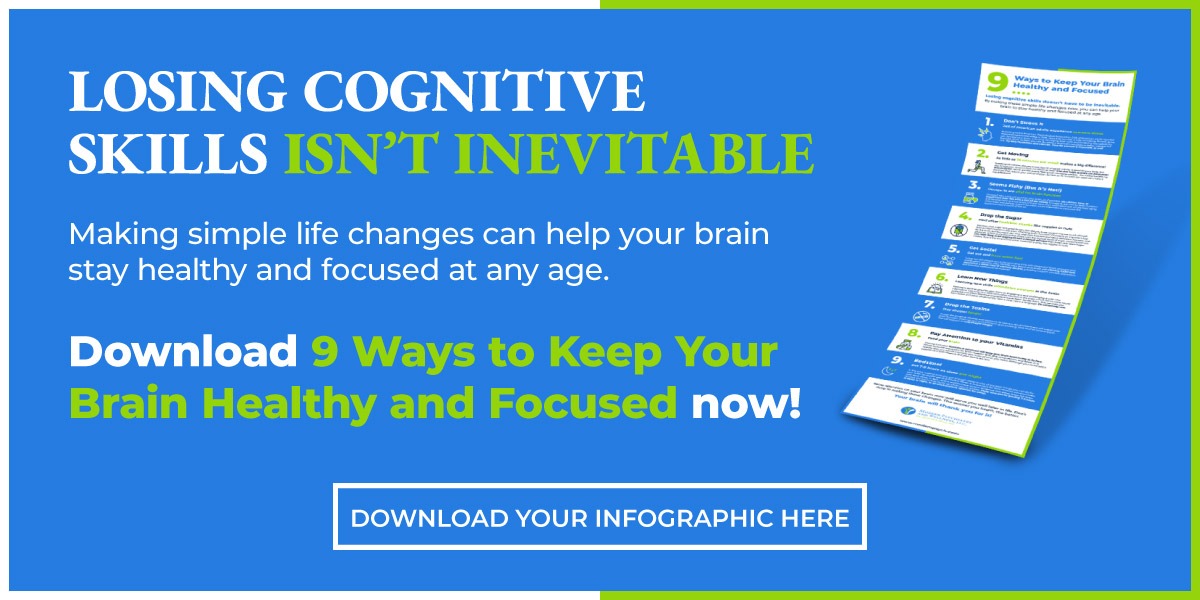As awareness of mental health issues continues to grow, it becomes increasingly important to understand the statistics surrounding mental health, as these numbers provide valuable insights into the state of mental health in society and highlight the need for action. So, let’s discuss and analyze these mental health statistics because they’re crucial for raising awareness, reducing stigma, and developing effective strategies for supporting mental health. By understanding these numbers, we gain a clearer understanding of the magnitude and seriousness of mental health challenges. Are you ready to uncover the compelling data behind mental health? Let’s dive in.
7 Key Mental Health Statistics
%
Experience mental illness each year
Approximately 1 in 5 adults experience mental illness each year
Mental health conditions affect a significant portion of the population. This highlights the prevalence of mental illness and underscores the need for increased resources. (NAMI)
Depression is among the leading causes of disability worldwide
Mental health conditions can have a significant impact on a person’s ability to function in their daily lives. This statistic emphasizes the importance of recognizing mental health as a legitimate health concern that requires attention. (WHO)
50% of all mental illnesses begin by the age of 14, and 75% by the age of 24
Mental health conditions often emerge during adolescence and young adulthood. Early intervention is crucial in preventing long-term impacts on individuals’ lives. (NAMI)
%
of mental illnesses begin by the age of 14
%
by the age of 24
Suicide is the second leading cause of death among individuals aged 15-29
The high rate of suicide among young individuals is a concerning statistic. It highlights the urgent need for mental health intervention and suicide prevention efforts targeted towards vulnerable age groups. (KFF)
%
of suicide deaths involve mental illness
Over 90% of people who die by suicide have an underlying mental illness
Suicide is often associated with mental health conditions. Recognizing the strong link between mental illness and suicidal thoughts is essential in implementing effective prevention strategies and providing appropriate help. (NAMI)
Only 41% of adults with mental health in the US received mental health services in the past year
This statistic reflects the barriers and gaps that exist in accessing mental health care. Many people who need help do not receive the support they require, which calls for efforts to improve accessibility and affordability of mental health services. (CICS)
%
of US adults with mental health issues got treatment last year.
Eating disorders have the 2nd highest mortality rate of any mental illness
Early detection and intervention are crucial for those struggling with eating disorders, such as anorexia nervosa and bulimia, which have severe physical and emotional consequences. The urgency of the matter is highlighted by relevant statistics. (EDC)
Supporting Mental Health
These statistics paint a grim picture, highlighting the profound impact mental health has on individuals and society as a whole. That’s why receiving treatment and support is important; otherwise, it can lead to worsening symptoms, decrease quality of life, and potential harm to oneself or others.
Fortunately, there are resources and ways to support mental health. Here are some recommendations:
Reach out to a mental health professional:
Therapy and counseling can provide valuable assistance and guidance.
Establish self-care practices:
Engage in activities that bring you joy and help reduce stress. This could include practicing mindfulness and meditation, exercising regularly, engaging in hobbies, and setting boundaries to prioritize self-care.
Build a support system:
Surround yourself with understanding and supportive people who can provide emotional support. Seek out friends, family members, or support groups who may be experiencing similar challenges.
Seeking help is not a sign of weakness but rather a proactive step towards well-being.
Seek Support from Modern Psych
Understanding mental health statistics is important in order to tackle the challenges surrounding mental health in society. By recognizing the prevalence and impact of mental illnesses, we can work towards building a more supportive and inclusive community. Remember, you are not alone, and there are treatments available. If you or someone you love has a mental health condition, remember you are not alone. Modern Pych is here to help. We offer personalized treatment plans to support you. So, check our services to learn more about what we do.






